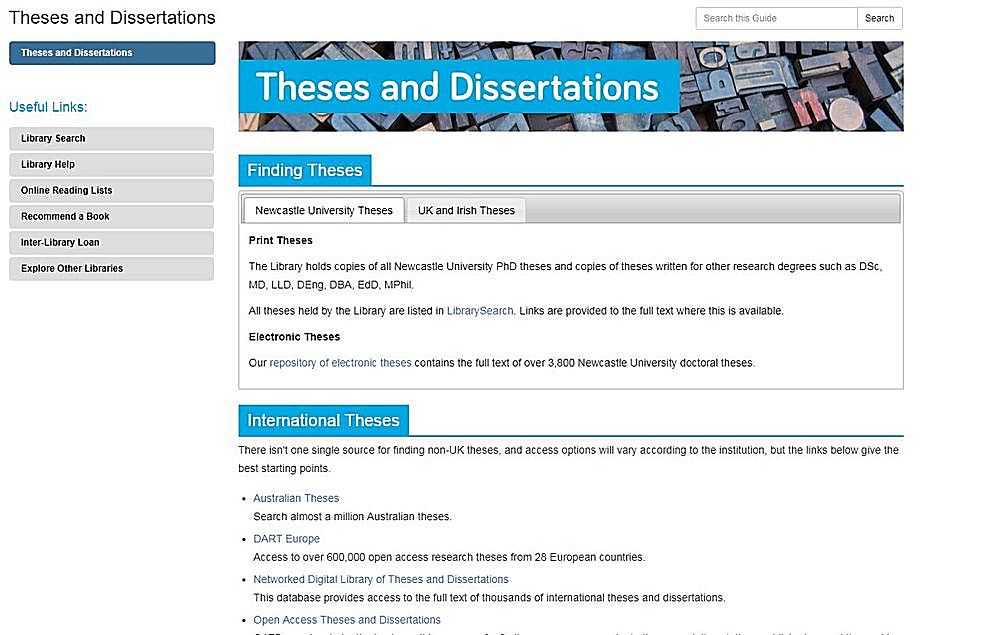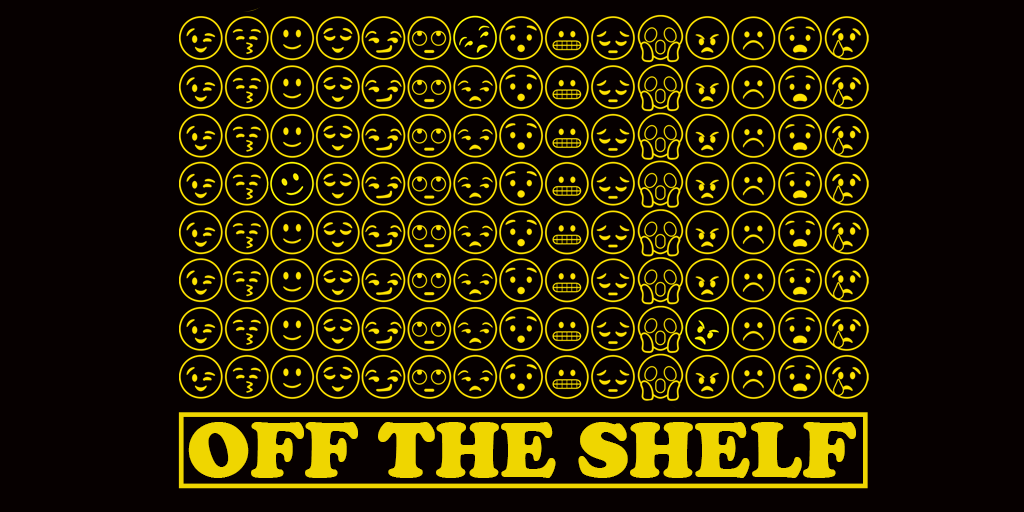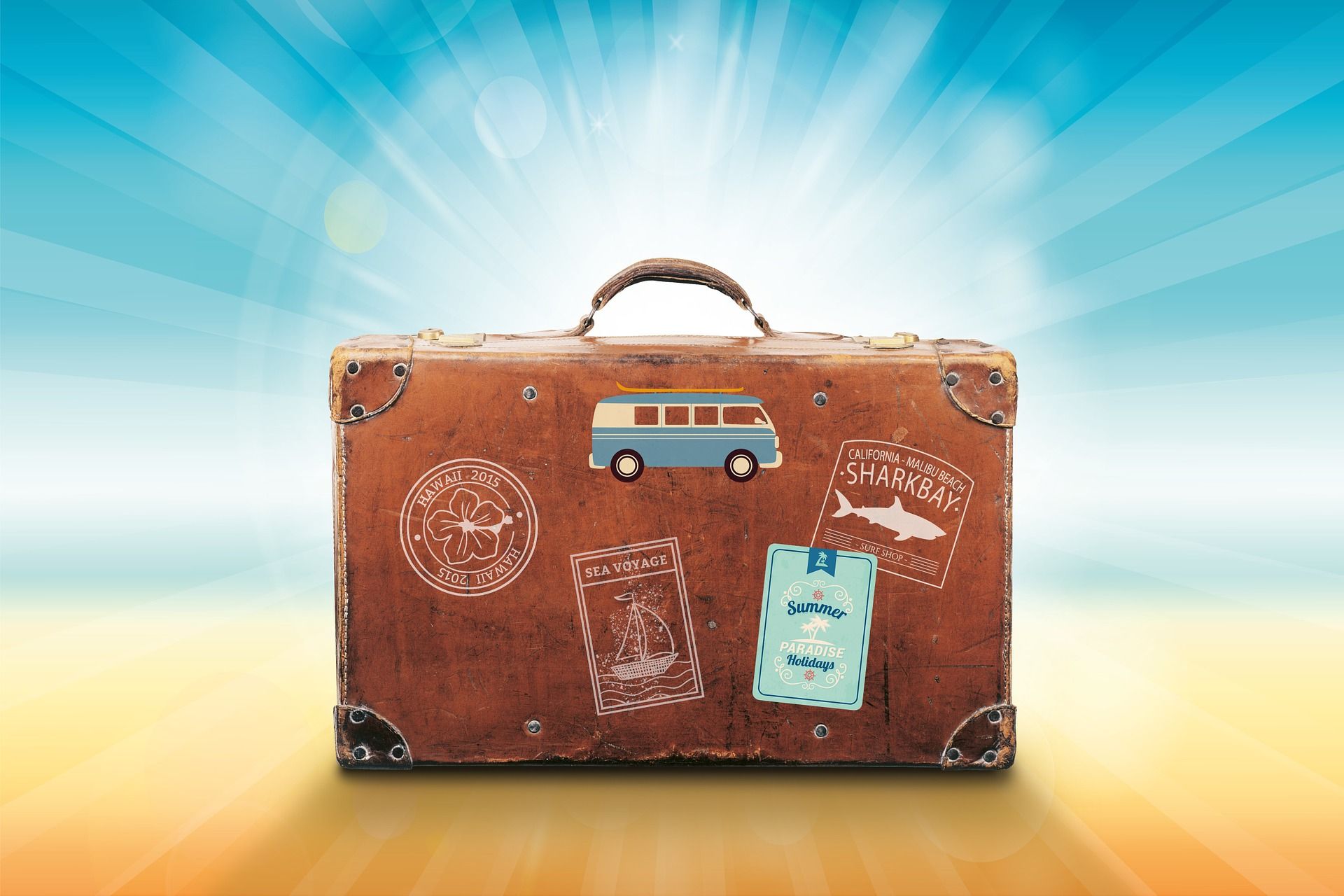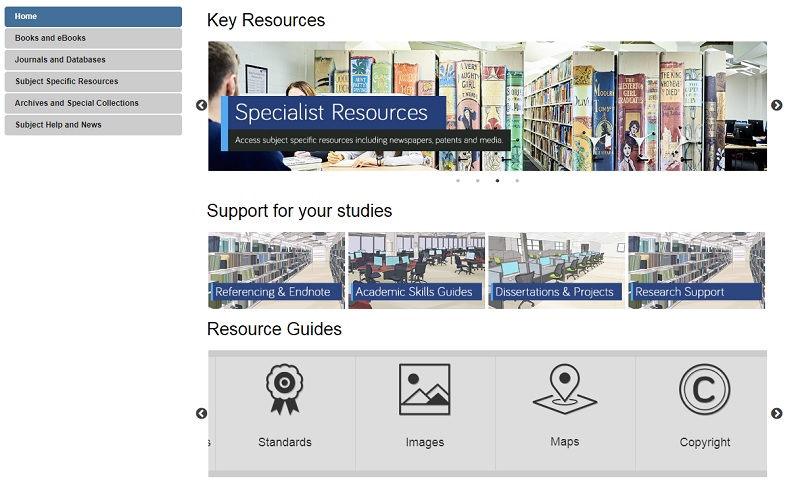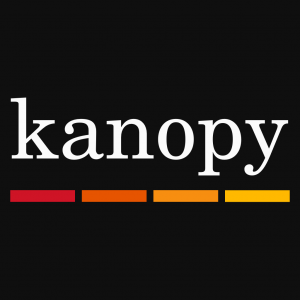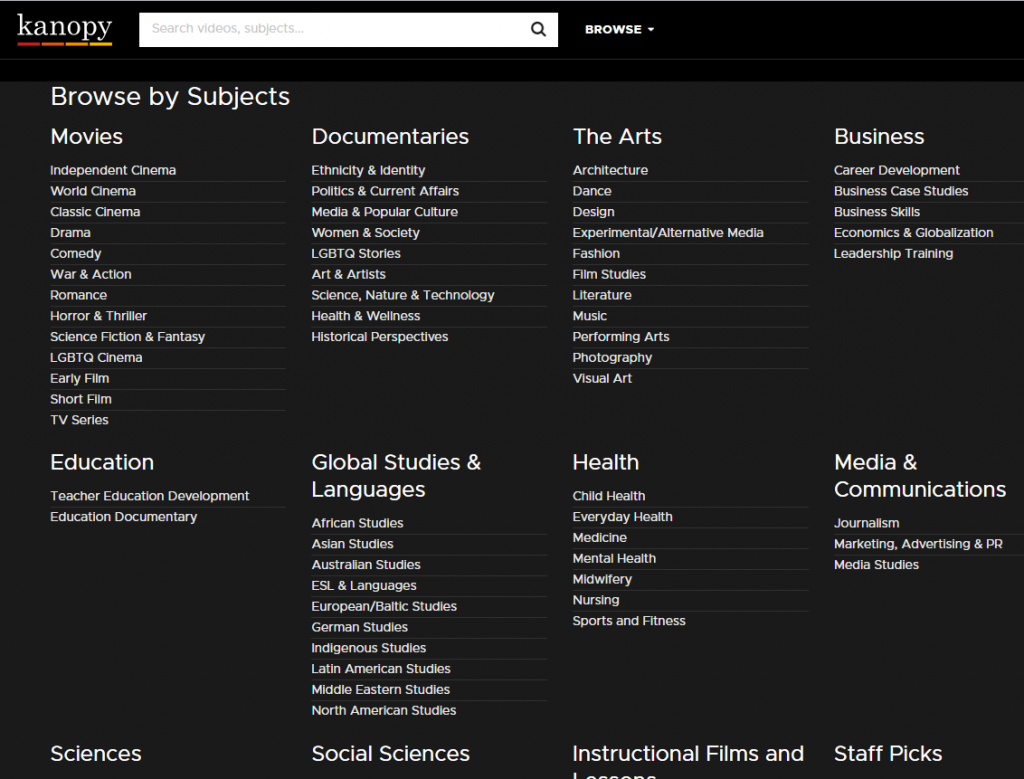
Our mobile devices are great for helping us to stay in touch with friends and family, keeping us up-to-date with the latest trends and news on social media and, of course, for sharing cat videos.
However, your mobile device can also be a great tool for learning and study, if you’ve got the right apps!
With recommendations from students in SNES, (who have been using tablets on their course for the past year) our updated Mobile Apps and Resources Guide provides a host of freely available apps and mobile friendly resources that can help you get the most from your device. It includes apps for study and productivity, creativity and design, history, languages, business, science and more.

So whether you’re just getting set up with your tablet or an old hand looking for something new to help keep you organised with your work or up-to-date in your subject area, our guide has something to help.
Some highlights include:
Microsoft Office Lens – this app helps you make documents or pictures of whiteboards screen readable. You can also use Office Lens to convert images to PDF, Word and PowerPoint files.
Pocket – allows you to save articles, videos and stories from any publication, page or app to read at a later time.
Trello – a useful tool that helps you to organize and prioritize your projects using boards, lists and cards.
BrowZine – a tool that allows you to access and keep up to date with key journal titles that the Library subscribes to in your subject area.
If you have any further suggestions for useful apps that we could add to the guide, let us know at: lib-sage@ncl.ac.uk


